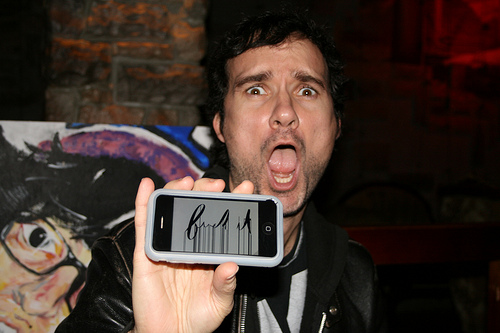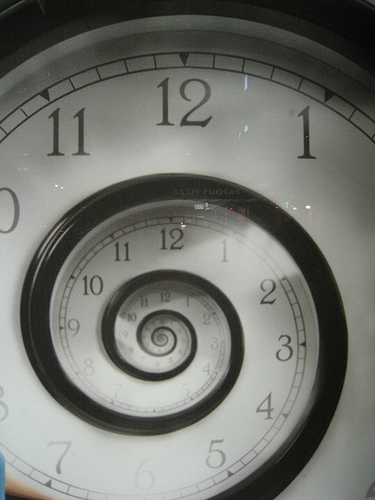It’s only in the last twenty years or so that the general public has embraced the word ‘breast’. Until the mothers, sisters and daughters of our nation began falling into the pit of breast cancer, the word was mired in an aura of sophomoric sexuality. Saying it out loud brought on a wave of nervous giggles, so common language opted for the Playboy magazine euphemisms of hooters and boobs. But the appalling and seemingly unstoppable onslaught of a disease that has reached into a society’s soul and ripped out its heart has at least succeeded in killing its shyness.
Yesterday was my yearly mammogram, part of the pact I made with my body to do everything I can to dodge the 1-in-9 bullet, one in nine being the statistical odds for a woman in my part of the state to be stricken with breast cancer. When the wizards on the recent government-appointed preventive health panel came out with their recommendation that yearly mammograms and self-exams were not only unnecessary, but might in fact be perpetuating the disease, words failed me. But not written words.
At the radiologist’s office, I sat in the anteroom with a group of fellow soldiers, all of us in pants and shoes with our purses in our laps, and the open-in-front blue gown fastened any way it would fit around our various shapes. Female conversations begin much differently than men’s, which are often sparked by news or sports events or work-related topics. Our group share began when one of us said aloud, “I’m very anxious. Does this make anyone else feel anxious?” The floodgates opened.
One woman said she’d been unemployed for a year and finally landed a job two weeks ago. She was worried about asking for the morning off to keep the mammogram appointment she had made back in October. So yes, she was doubly anxious. Another woman spoke of her 60-year-old sister who meditated, practiced yoga, and refused to have a mammogram saying she didn’t want to know; an ironic choice on the path to enlightenment. I told of the other measures I take to stay informed about my health. The Department of Health is all about men including a PSA (Prostate Specific Antigen) test in their yearly physical to detect early prostate cancer. But a woman has to ask her primary care physician to include a CA-125 test in her blood screening and most women don’t even know it exists. CA-125 detects the specific cancer antigen that is an early indicator of ovarian cancer, known as the silent killer because by the time a woman has symptoms, it’s usually too late to treat. There’s no extra charge to include this test in your blood profile, yet it’s not publicized and doctors don’t think to tell their patients about it. So we have to keep thinking and advocating for our own health.
Breast cancer is something that affects us all one way or another, be it in our own body, that of a family member, coworker, friend – even just seeing the news footage depicting an ocean of pink hats marching in the Susan G. Komen or Avon Walk for the Cure. I once received a promotion at work because the employee who held the position for 15 years died of breast cancer. I have never been sadder to get a pay raise in my life.
All of us in the waiting room expressed similar feelings about the whole process and its accompanying internal chaos: making the appointment months in advance; seeing it written on the calendar every time we walk by; preparing that morning to go; sitting there waiting; having the test and then waiting for the films to be read; being called back in to repeat one of the views and seeing the x-ray hanging there with circles drawn around possible trouble spots; sitting back in the waiting room; hearing our name called to come speak with the doctor.
We talked about how hard it is for our husbands to know how to support us. If they ask, “Does it hurt a lot?” we squash down the urge to say, “Would it hurt to put your testicles in a vise? Four times?” If they say, “Don’t worry so much; I’m sure the results will be fine,” they’re guilty of minimizing our anxiety. If they say, “Whatever happens I’ll be at your side,” it fuels our fears of what if? And if they’re silent because they just don’t know what to say, their inability to comfort us leaves us feeling alone and vulnerable. They’re doomed to be damned, unfair victims of our unspoken misery. Here is my own personal Partner Primer, which Husband does so well: Hug us when we part and call later to say you love us. We’ll tell you everything. We with the breasts are not shy.
After the week off, Daughter’s Featured Fotos are Back With A Vengeance




